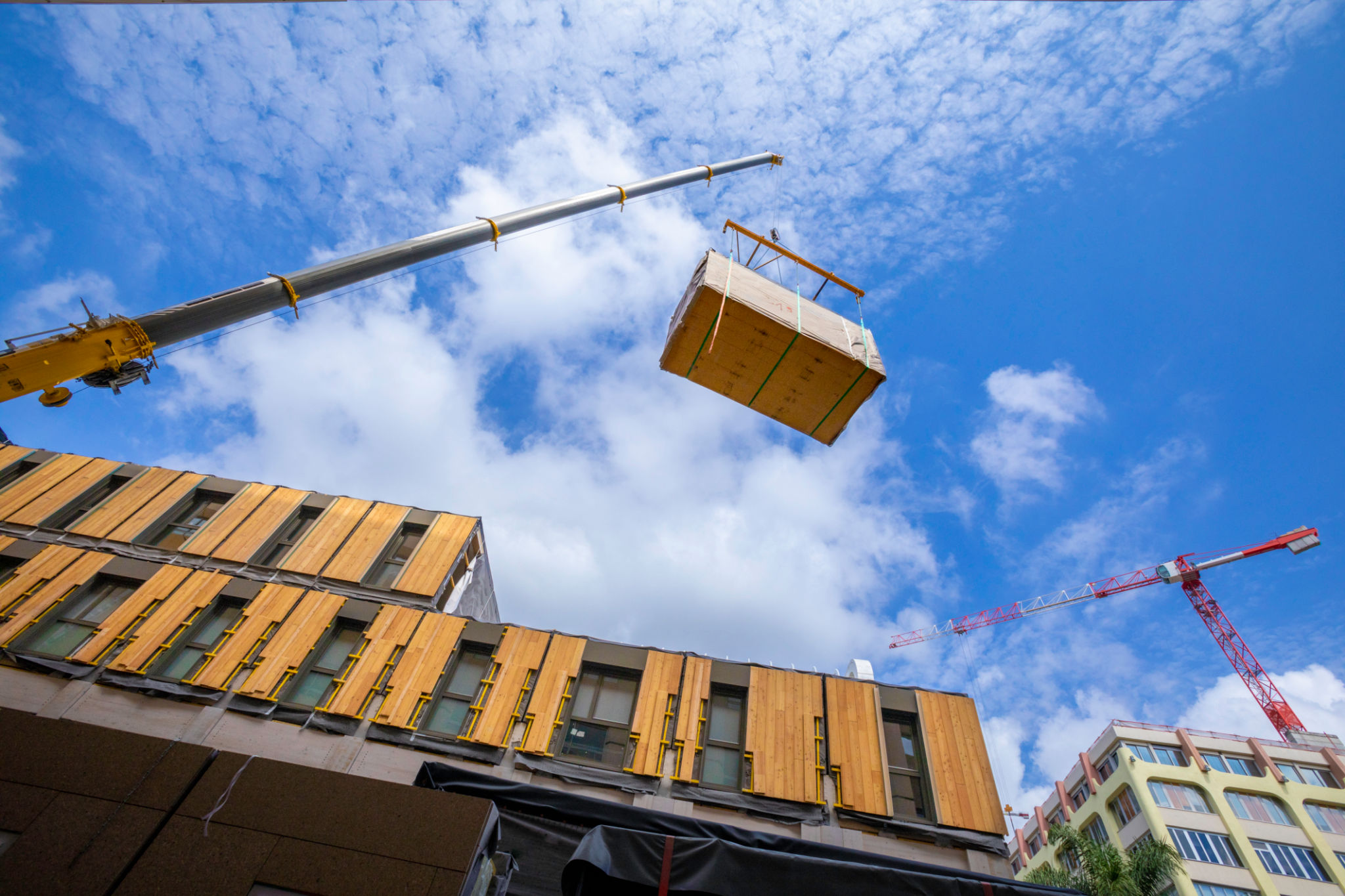Comprehensive Guide to Choosing the Right Construction Materials in Sabah
Introduction to Construction Materials in Sabah
Choosing the right construction materials is crucial for the success and longevity of any building project. In Sabah, where the climate and environmental conditions present unique challenges, selecting appropriate materials is even more important. This guide aims to provide a comprehensive overview of the considerations and options available when choosing construction materials in this region.
Understanding Local Climate and Environment
Sabah's tropical climate, with its high humidity and heavy rainfall, significantly impacts the selection of construction materials. Builders need to consider materials that can withstand moisture and resist mold and mildew. Additionally, the risk of tropical storms necessitates strong and durable materials that can endure severe weather conditions.

Materials Resistant to Humidity
Materials such as concrete, treated timber, and specific types of stone are well-suited to Sabah's humid environment. Concrete, for example, offers durability and strength, making it an excellent choice for foundations and structural elements. Treated timber is also a popular option, providing both aesthetic appeal and resistance to rot when properly maintained.
Considering Environmental Impact
As sustainability becomes a more pressing concern, choosing environmentally friendly materials is crucial. In Sabah, there is a growing emphasis on using materials that reduce environmental impact. Opting for locally sourced materials not only supports the local economy but also minimizes carbon footprint.

Types of Construction Materials
Various types of construction materials are available in Sabah, each with its unique properties and suitability for different applications. Here are some commonly used materials:
- Concrete: Known for its strength and durability, ideal for structural components.
- Steel: Offers flexibility and is often used for framing and reinforcement.
- Brick: Provides excellent thermal insulation and aesthetic appeal.
The Role of Local Resources
Utilizing local resources not only supports sustainable building practices but also often proves to be more cost-effective. Locally sourced timber and stone are abundant in Sabah, providing builders with readily available materials that are well-suited to the environment.

Cost Considerations
Budget is always a significant factor when selecting construction materials. While high-quality materials may come with a higher initial cost, they often lead to savings in maintenance and longevity. It's essential to balance cost with durability and performance to ensure the best long-term investment.
Evaluating Material Lifespan
The lifespan of construction materials can significantly impact overall costs. Durable materials that require less frequent replacement or repair can reduce maintenance expenses over time. This is particularly important in regions like Sabah, where environmental conditions can accelerate material degradation.
Conclusion
Selecting the right construction materials in Sabah involves understanding local climate conditions, considering environmental impact, evaluating material properties, and balancing cost with durability. By making informed decisions, builders can ensure their projects are resilient, sustainable, and cost-effective.
